Tag: implementations
-
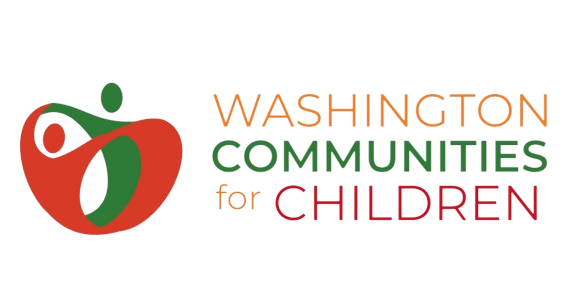
Washington Communities for Children: developing the resource directory information supply chain
Washington Communities for Children (WCFC) is a network of early childhood coalitions – groups of local parents, child care providers, non-profits, public agencies, school districts, etc. – dedicated to improving the wellbeing of children, families, and communities acrossWashington state. In 2022, the Washington State Department of Health enlisted WCFC in its Early Childhood Comprehensive Systems…
-
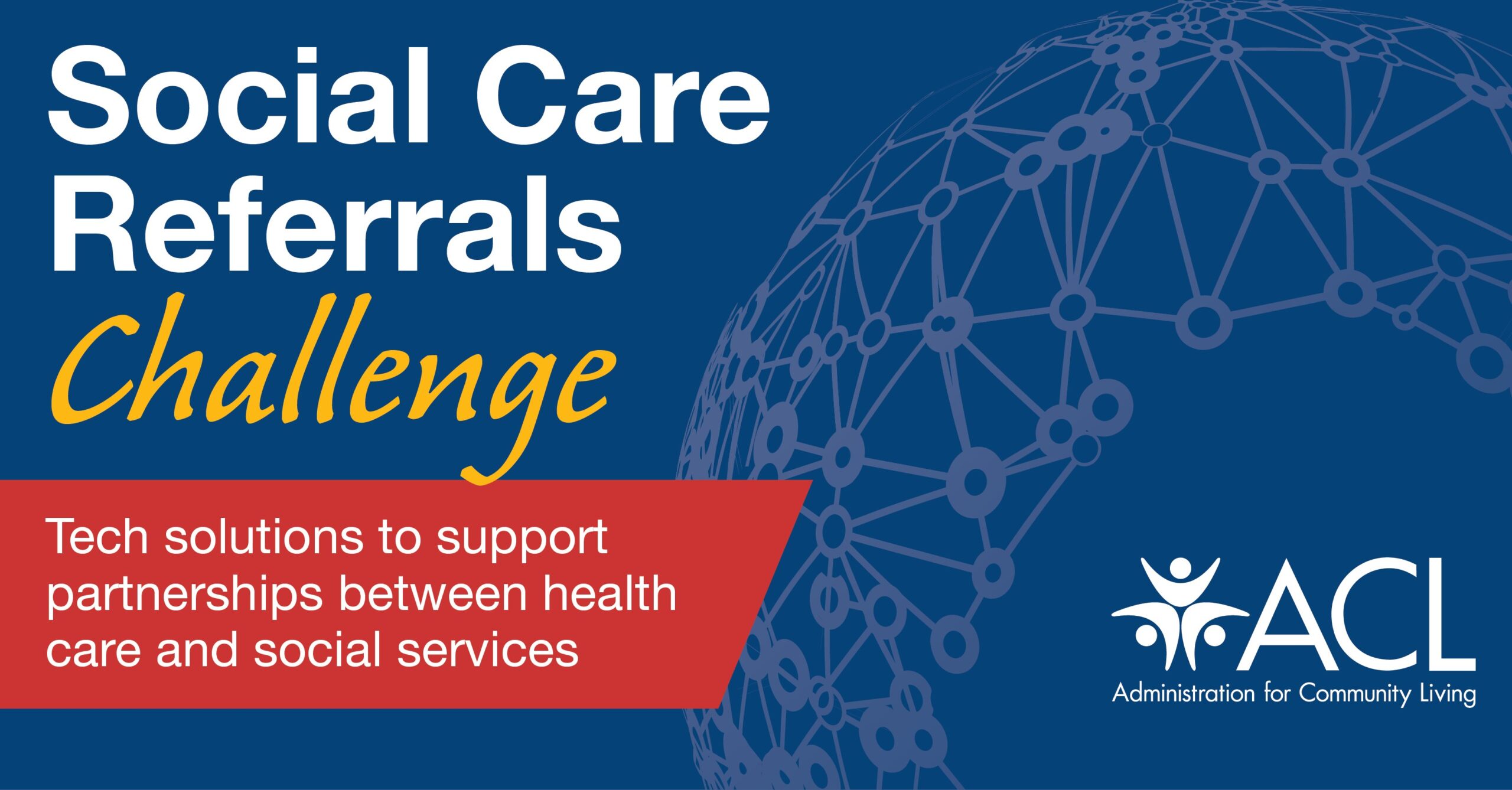
HHS Technology Challenge calls for interoperability solutions using HSDS
The U.S. Administration for Community Living provides funding and support to networks of community-based organizations who serve elders and people with disabilities. ACL’s grantees include a vast array of services that help people cope with food insecurity and transportation issues, manage chronic disease, support employment and economic independence, reduce social isolation, and address other factors…
-
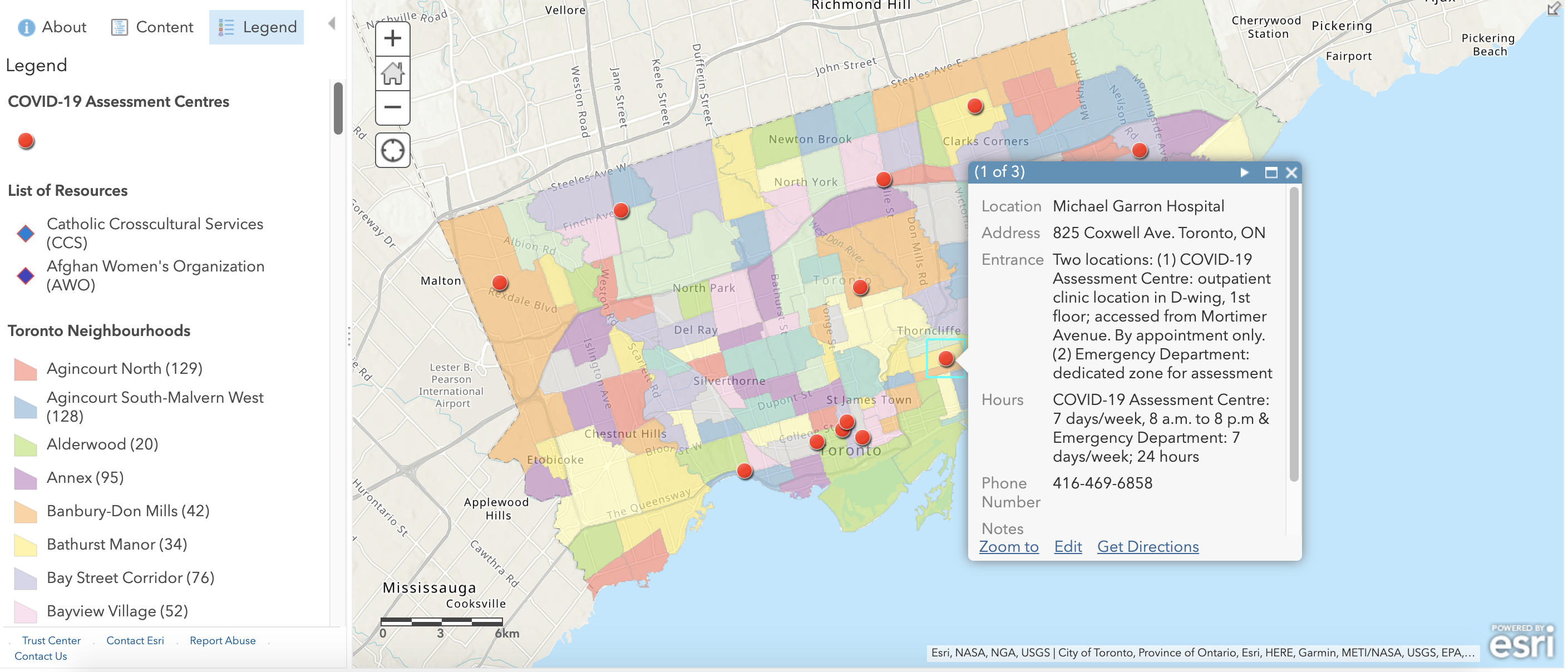
Collaboration in crisis: responses to the pandemic across our network
With the world in crisis due to the COVID-19 pandemic, health, human, and social service providers face a harrowing dilemma: need is skyrocketing, even as providers’ ability to actually help is severely compromised. Many institutions have struggled to respond or even closed down entirely – while many new efforts to meet communities’ needs have emerged…
-

Streetlives NYC: designing with our users
[Our post today is from Adam Bard, founder of the Streetlives project. Welcome, Adam!] What is Streetlives Streetlives is a community built platform that will enable people who are homeless or in poverty to easily find, rate and recommend social services in NYC. This all-inclusive feedback loop can help stakeholders to collaboratively improve programs and…
-
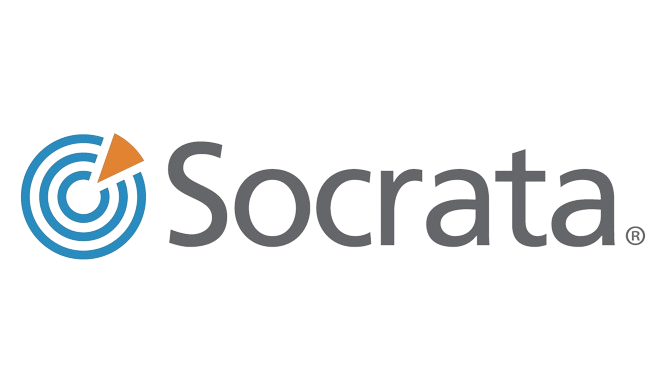
Socrata announces support of Open Referral for gov data
This post is from Stuart Gano at Socrata. See our post on Socrata’s blog here. When Socrata thinks about the future, we want to see government decisions driven by data on a massive scale, across departments and municipalities. And, we … Continue reading →
-
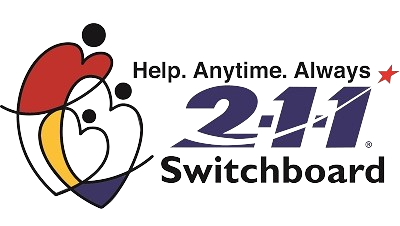
Miami Open211 Phase One: Our Report
Last year, the Miami Open211 project set out to demonstrate that an information-and-referral helpline operator can evolve into an open platform — providing machine-readable data as a service to its community — in ways that are both technically efficient and institutionally sustainable. This project, which began in partnership with Switchboard of Miami, was Open Referral’s first formal pilot with…
-
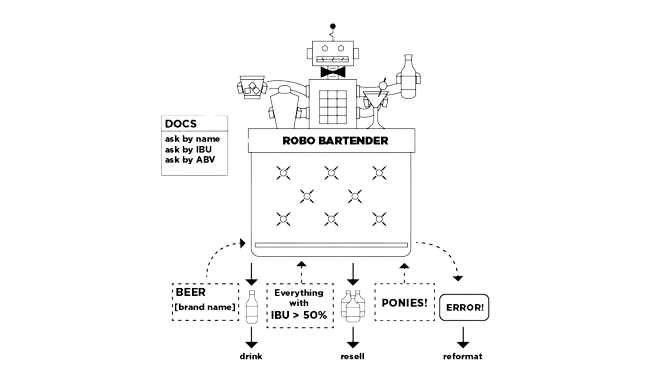
The Open Referral API project
The Open Referral Initiative’s next chapter starts now! Open Referral has helped over a dozen community organizations find new ways to share resource directory information about the health, human, and social services available to people in need. Our Human Services Data Specification provides a common ‘machine language’ that any technology can be programmed to understand.…
-

Our 2016 Year in Review
I’m pleased to share Open Referral’s 2016 Year in Review. (You can browse the document here, download the complete PDF here, or skim through the document embedded at the end of this post.) Continue reading →
-
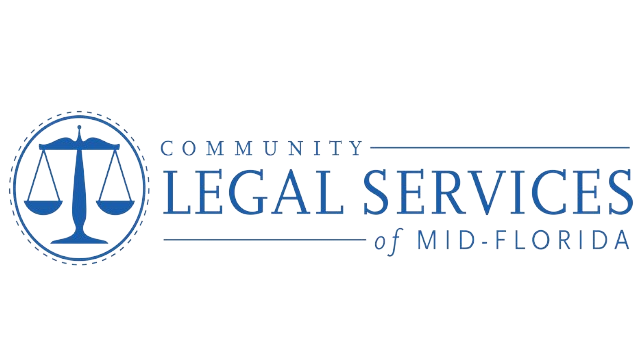
The Florida Legal Resource Directory Project
[Update: This pilot has come to a successful conclusion! Read our final report here.] Legal problems: sometimes you don’t even know you have one until it’s too late. When it comes to people with low incomes, legal problems of various kinds — issues with landlords, family disputes, rejected benefits, etc — can be outright debilitating. Yet while…